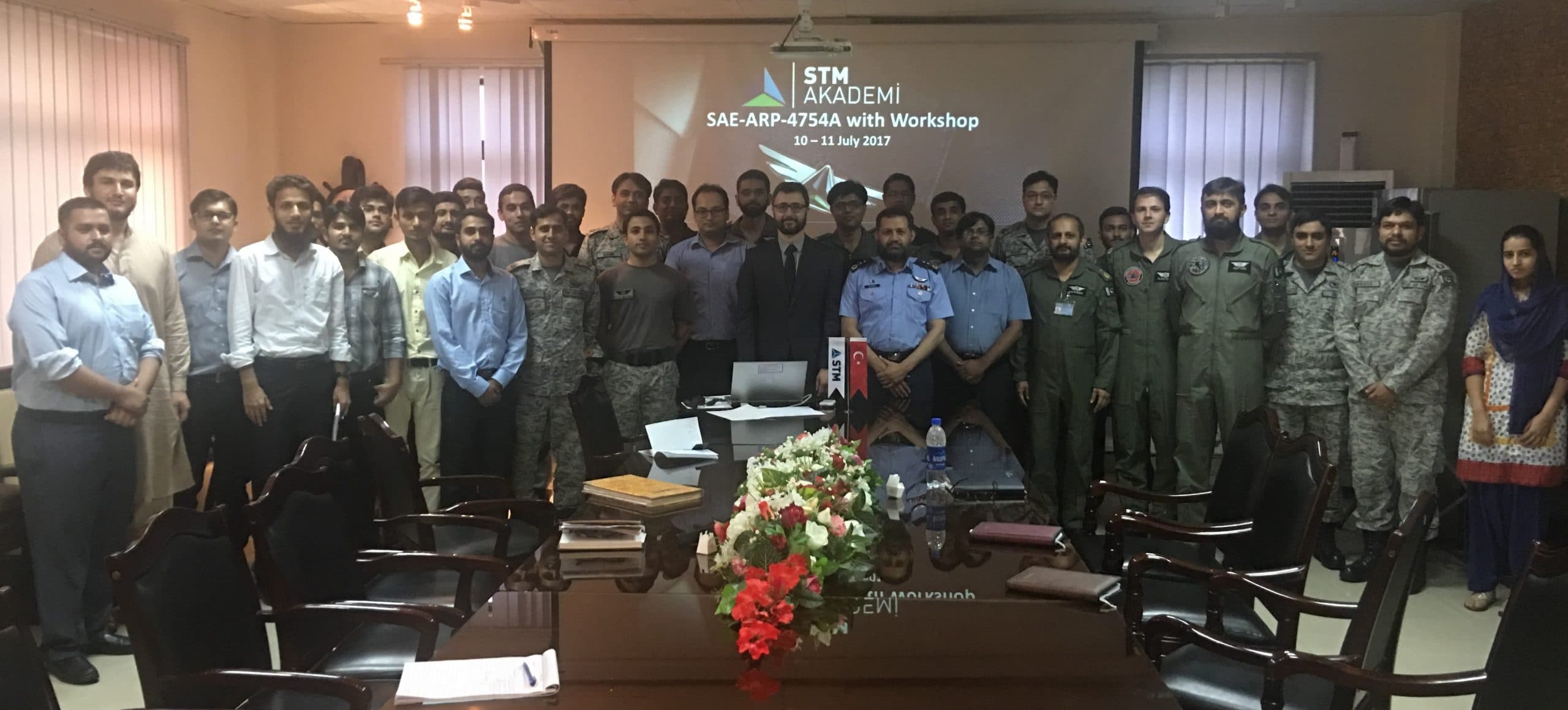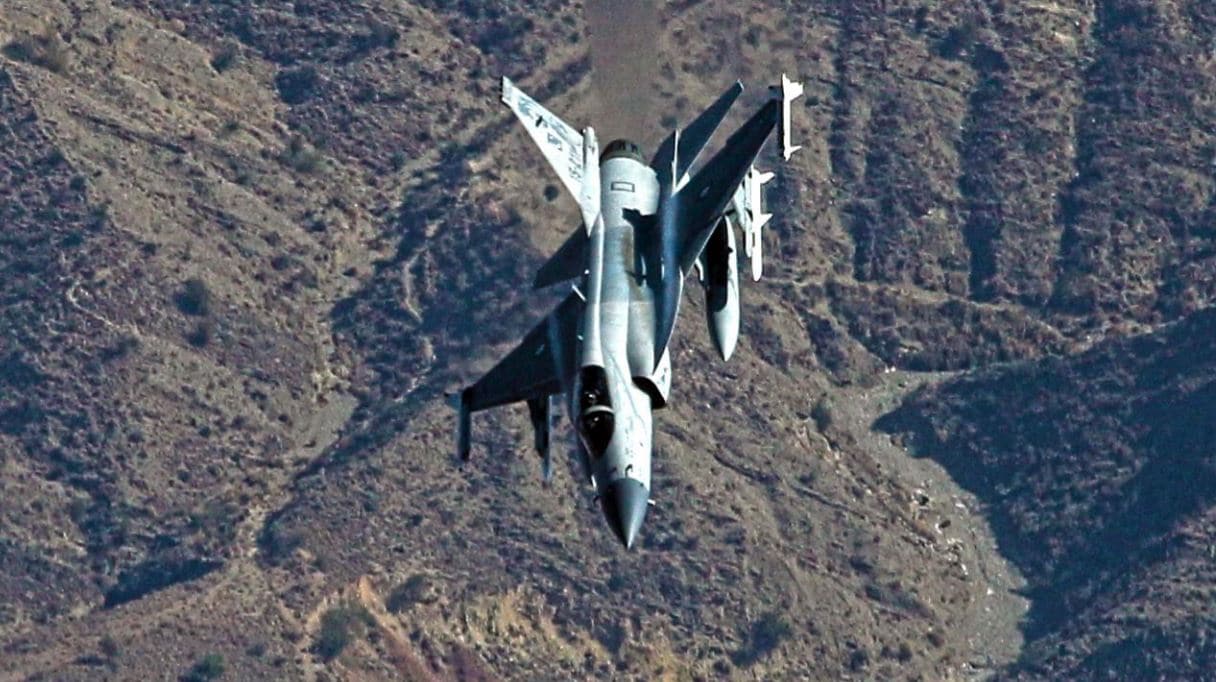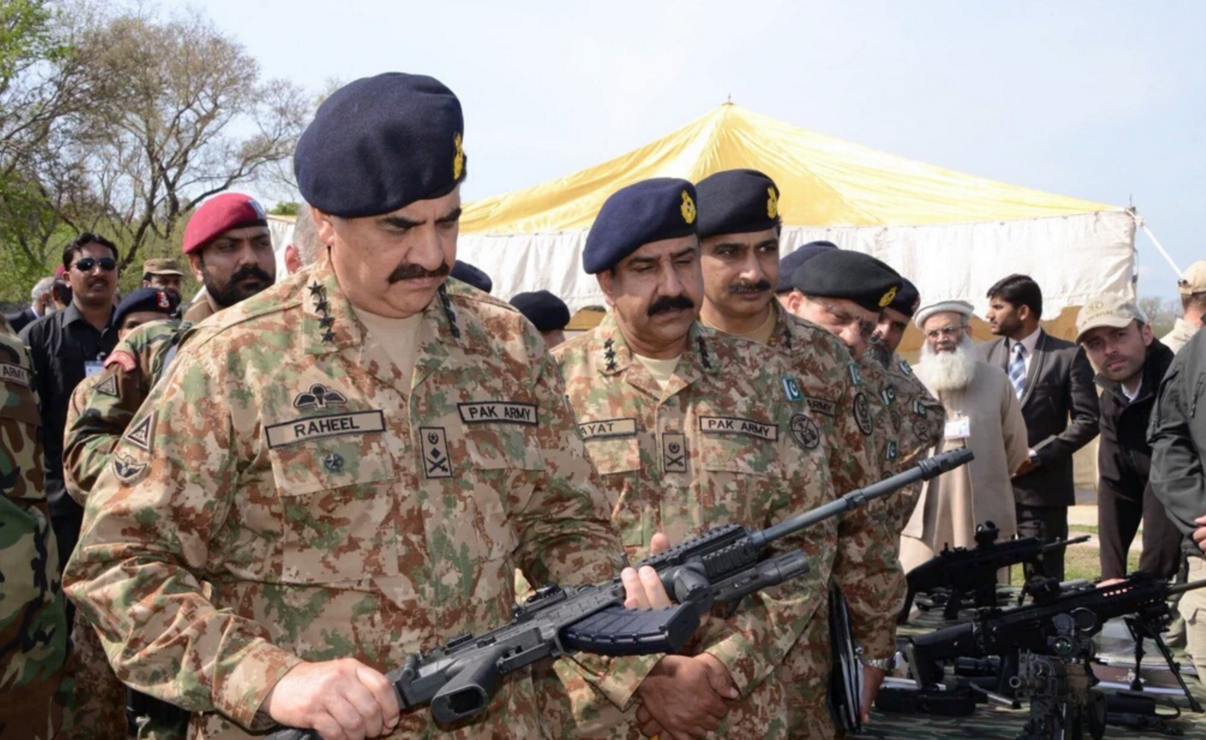31Views 0Comments

Turkey’s STM completes training programs in Pakistan
Turkish defence firm Savunma Teknolojileri Mühendislik ve Ticaret A.Ş. (STM) announced that its learning arm STM Academy recently completed two training programs in Pakistan.
According to STM through its news release, STM Academy held a SAE ARP-4754A workshop on July 10-11 and “Aircraft Integration Airworthiness Certification” training on July 17-18. Both programs were held for capacity building in the Pakistan Air Force (PAF) and Pakistan Aeronautical Complex (PAC).
SAE International’s ARP-4754A are guidelines for “the development of aircraft systems taking into account the overall aircraft operating environment and functions” with an emphasis on meeting certification and compliance requirements, including safety.
STM has emerged as one of Pakistan’s leading defence partners in recent years. Besides capacity building, STM is also leading several of the Pakistan Navy’s development programs, such as its Fleet Tanker and the Agosta 90B submarine upgrade program. STM recently won a naval infrastructure contract from Pakistan.
Notes & Comments:
The primary function of PAC is to support the requirements of the PAF in terms of platform acquisition, maintenance and life-cycle support. However, for the sake of supporting Pakistan’s economic needs, the PAF may be intended to broaden PAC’s scope to civil aviation.
PAC already has civil aviation hooks in terms of supporting Pakistan International Airlines’ Boeing 777 fleet (including parts manufacturing) and having a civilian-use variant of the Super Mushshak trainer. The Pratt & Whitney PT6 maintenance, repair and overhaul (MRO) centre can also be of civil aviation value. The PT6 is an ubiquitous engine platform, it powers many helicopters, utility aircraft and even combat aircraft.
However, the intent – on both the part of the PAF leadership and the Pakistani government – is to see PAC (and Kamra at large) become a hub for civil aviation activities. Between PAC’s present condition and its aspiration to roll-out airliners, there are a myriad of capacity building processes that need to occur in the form of training, infrastructure development, technical competency and native industry support (this is discussed in greater detail in Quwa’s overview of Kamra Aviation City).
STM produces and integrates subsystems for civilian aircraft, including airliners. It is possible that STM could stand as a prospective partner or consulting agent to the PAF in aspects of PAC’s development, not just for civil aviation, but its next-generation fighter plans as well. In April, the PAF Chief of Air Staff (CAS) Air Chief Marshal (ACM) Sohail Aman told Bol Narratives that the PAF was “collaborating with Turkey for developing a next generation aircraft.” While the Turkish Aerospace Industries (TAI) TFX could become a factor, STM’s competencies in the contributing fields of electronics subsystems development and integration can help PAC in the subtle inputs of aircraft development and production.
Besides direct technical assistance, the PAF may see value in STM’s experience in deepening Turkey’s local industry contributions to defence programs. In 2004, the Turkish Undersecretariat for Defence Industries (SSM) assigned STM to “increase national industrial participation to the highest level possible” in regards to the Turkish Air Force’s F-35 Lightning II acquisition. STM may have an opportunity to provide qualitative services – such as project management, consulting and industry relations support – to the PAF, PAC and the Ministry of Defence Production, just as it had for the SSM.
For PAC to begin taking substantive steps in civil aviation, it may be prudent for it to partner in current and/or emerging civil aviation programs. TAI is collaborating with PT Dirgantara Indonesia (PTDI) on PTDI’s CN-235-based N245 commuter aircraft. The N245 might offer a logical start for PAC to engage in the field whilst also supporting Pakistan’s own domestic requirements (turboprop commuter planes are integral to domestic air travel in Pakistan’s Northern Areas). For a start, Pakistan could vie for a piece of the N245’s supply channel, such as the manufacturing and sole-supplier rights to a portion of the airframe.


